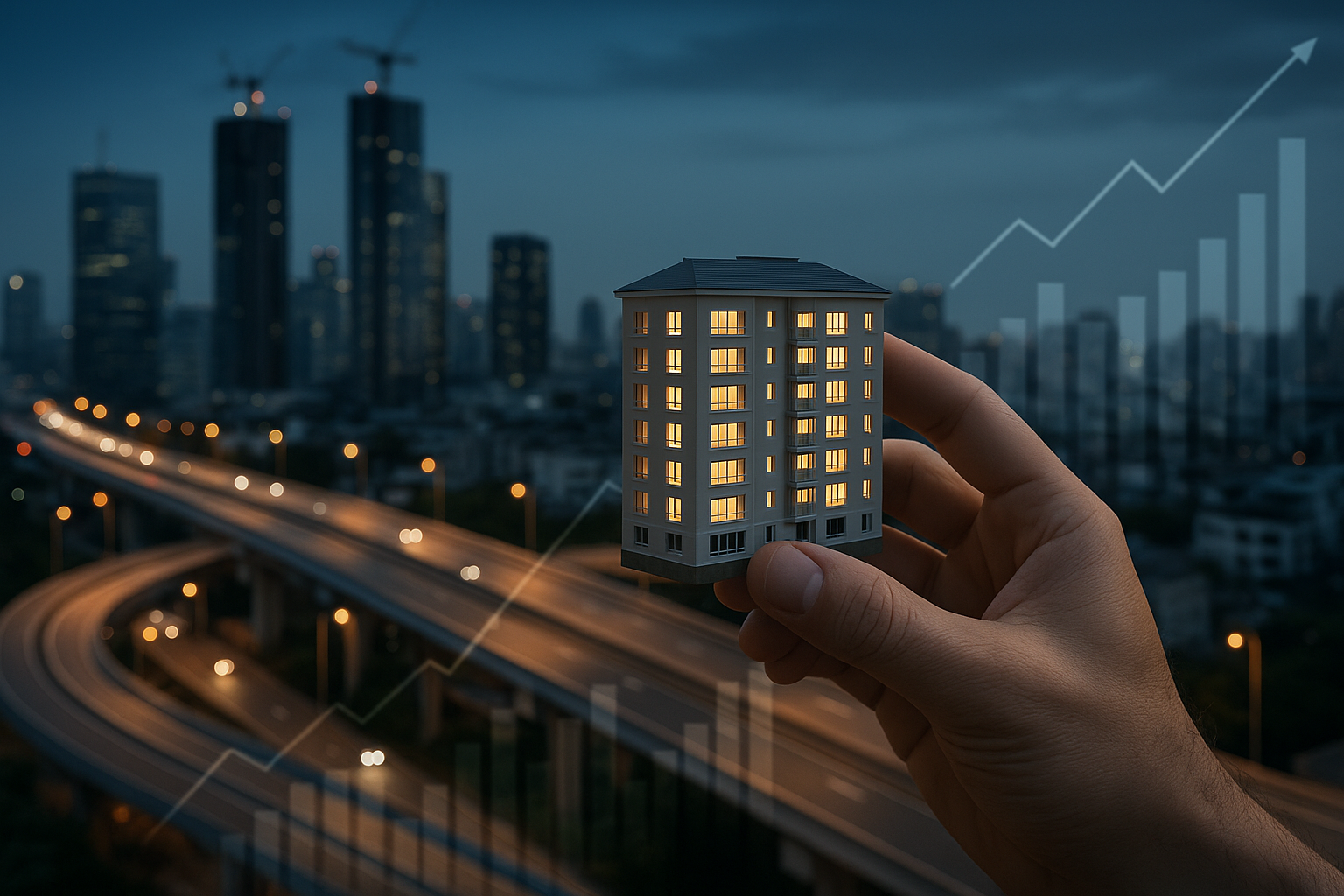Decoding the Relationship Between Infrastructure Developments and Real Estate Values
Introduction: Infrastructure development is a key driver in the real estate market landscape. Understanding its impact on property values can lead to insightful investment decisions. This article unravels the complex relationship between infrastructure developments and real estate values.

The Historical Context: Infrastructure and Real Estate
Traditionally, real estate values have been closely linked to the quality and availability of local infrastructure. Properties located close to amenities such as schools, hospitals, and transportation hubs often command higher prices compared to those in isolated areas. This relationship can be traced back to the urbanization trends of the 19th and 20th centuries when the rise of cities led to a demand for well-connected residential and commercial spaces.
Understanding the Current Market Scenario
In today’s dynamic real estate market, infrastructure continues to be a key factor determining property values. However, the definition of ‘infrastructure’ has expanded. While physical amenities remain important, digital infrastructure, such as broadband connectivity, is becoming increasingly influential, especially in the wake of the COVID-19 pandemic where remote work has become the norm.
Infrastructure Developments: Boon or Bane?
While improved infrastructure generally boosts property values, it’s not always a straightforward relationship. For example, properties near transport hubs may suffer from noise pollution, potentially reducing their appeal. Similarly, overdevelopment can lead to congestion and environmental degradation, which could negatively impact property prices. Therefore, it’s important to consider both the potential benefits and drawbacks of infrastructure developments when evaluating real estate investments.
The Future: What Does It Hold?
As we move towards a more digital, sustainable world, the relationship between infrastructure and real estate is likely to evolve further. The rise of smart cities, for instance, could potentially redefine property values. Similarly, sustainable infrastructure such as green spaces and renewable energy facilities could become more influential in determining real estate values.
Navigating the Infrastructure-Real Estate Landscape
To navigate the intricate relationship between infrastructure and real estate, investors need to stay informed about planned infrastructure developments and understand how these might impact property values. This requires a combination of market research, financial analysis, and foresight.
In conclusion, understanding the relationship between infrastructure developments and real estate values is crucial for making informed investment decisions. As the definition of infrastructure evolves, staying abreast of the latest trends and developments is essential for real estate investors.




